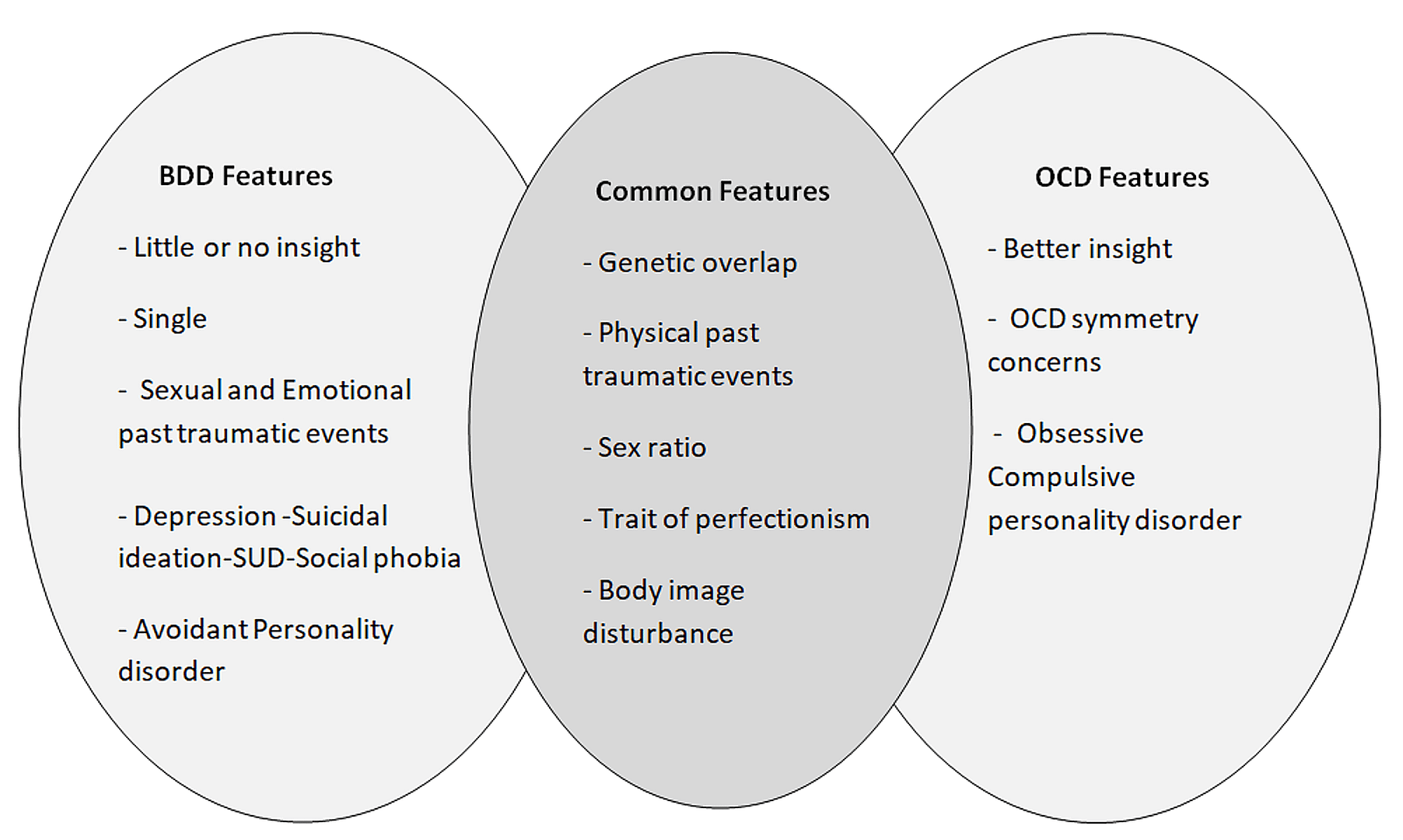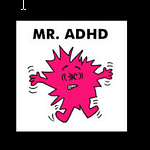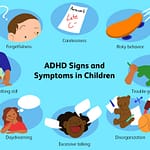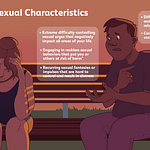Approximately 80% of ADHD patients are also diagnosed with other psychiatric disorders. While comorbidities are most often anxiety disorders, learning disabilities, and depression, other comorbidities may include oppositional defiant disorder, sensory processing disorder, and bipolar disorder. These disorders may contribute to the development of OCD, since they can share symptoms.
There is some evidence that genetic factors play a role in the development of OCD. However, it is not clear whether these genes are responsible for the occurrence of OCD in individuals with ADHD. In addition, some studies have suggested that glutamatergic-related genes might play a specific role in the development of OCD. This is because a number of OCD symptoms are linked to glutamatergic-related genes.
Neurobiological studies show that children with OCD have reduced activation in the right superior and middle frontal gyri of the dorsolateral prefrontal cortex (DLPFC) as compared to controls. These differences are not found in OCD patients with comorbid ADHD. These deficits may explain why people with ADHD have difficulty managing their OCD symptoms. They also suggest that the cortico-striato-thalamico-cortical (CST) circuit is not functioning properly. It may be related to impaired inhibitory function, since these deficits also affect higher-order motor control mechanisms.
The executive overload model explains the cognitive deficits seen in OCD patients. The deficits are mainly associated with a failure to inhibit prepotent responses. This results in a lack of post-error slowing, which makes the person act on their obsessive thoughts without thinking through the consequences. The executive overload model also explains the difficulty patients with OCD have with metacognition. They are less aware of what they are doing, and have a tendency to doubt their performance.
There are also links between the presence of OCD and other mental illnesses, such as schizophrenia. OCD can be triggered by a personal crisis, such as the death of a loved one. Other factors that might be able to trigger OCD include abuse or a family history of mental illness. Typically, OCD manifests in adolescence or young adulthood. These symptoms can be difficult to manage, and can make a person lose friends and not participate in social activities.
In early-onset OCD, comorbidity with ADHD is a predictor of greater severity of OCD. In addition, a comorbidity with ADHD may also predict a higher likelihood that a child will grow out of their symptoms as an adult. It is important to note that OCD and ADHD are separate disorders, and that they may be treated in conjunction with each other.
Treatment for OCD can include behavior therapy, medications, and exposure response prevention. Behavioral therapies have been shown to reduce the symptoms of OCD and improve the ability to manage the disorder. This type of therapy can also be used to help children develop better self-control. The most common medications used for OCD are stimulants, which activate the frontal lobe. The use of these medications can improve the patient’s symptoms, but it is also possible for them to cause side effects.








